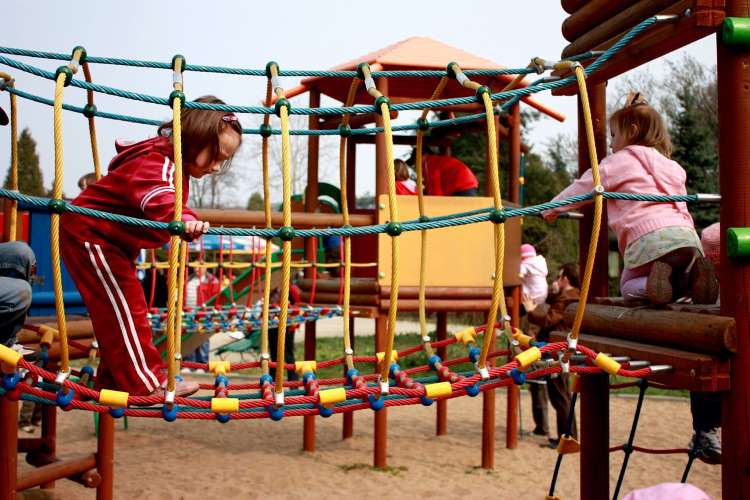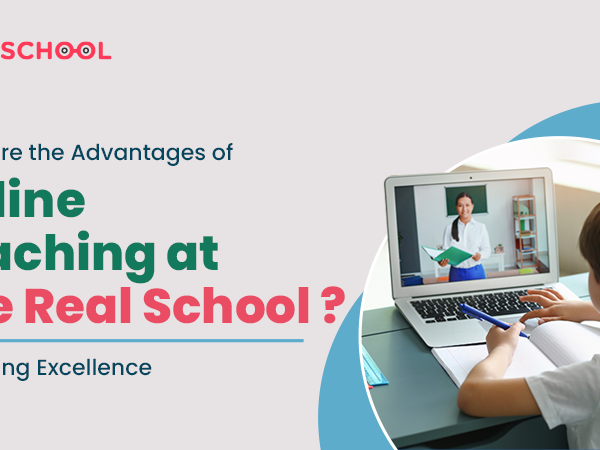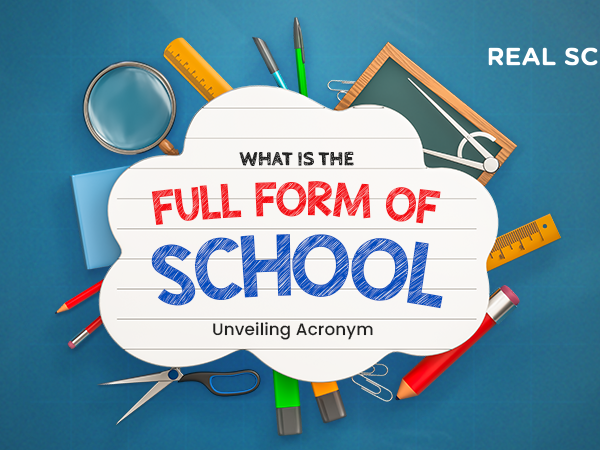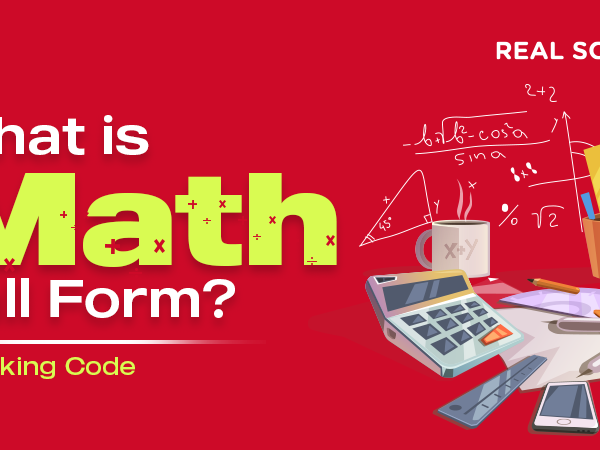When Does a Child’s Personality Develop?
During those first few months of life, you certainly observed your preschooler’s distinct personality popping forth — grasping enthusiastically for a rattle or even shoving away a teddy bear. However, between the ages of 3 and 5, your child’s individuality will blossom.
During the teen years, these five features of personality development begin to consolidate in youngsters, and the resulting blend of qualities forms your child’s personality.
- Between the ages of three and five, children become more comfortable expressing themselves verbally. Preschoolers also learn more self-control throughout these years. They start to rely on themselves instead of you and others.
- They’re learning to settle down when they’re thrilled, scared, or unhappy, and they’re becoming more alert and less emotionally reactive as a result.
- Preschoolers are also working on their self-esteem. They’re also acquiring valuable experience on how to treat people. By the age of five, children begin to exhibit more worry for their parents, finally realising that they have their wants and feelings.
- They may also become more affectionate, establish a fantasy life, and oscillate between being demanding and cooperative.
Every person has a distinct personality. As your child matures, encourage the good elements of his or her personality by praising what they’ve already demonstrated makes them tick.
Also Read: Kids Personality Development Classes: Help Them Transform Their Personalities For a Better Future
Why is Personality Development Important for Kids?
While academic success is important, your child will stand out from the crowd if he or she has a distinct and well-rounded personality. In today’s environment, children’s personality development is essential since it instils confidence in them to confront the world.

At an early age, the foundations of a person’s personality begin to take shape. For susceptible brains, personality development is essential. Here are a few examples of why children need to develop their personalities:
1. Gives You Confidence
Your child will have a lot of confidence if he or she has a positive personality, which will allow them to take more major steps in life. If your youngster has been well-trained, subsequent interviews will be a piece of cake.
Furthermore, if your child wishes to pursue further education later in life, he or she will benefit greatly from having a strong personality. It will enable them to face any difficult circumstance with ease and balance, as well as to conduct a steady discussion with anyone without feeling scared or anxious.
2. Improves Communication Abilities
The improvement of communication skills is crucial for children’s personality development. These abilities are necessary for personal and professional growth and success. Personality and character development include verbal communication abilities.
When your child is in school, he or she learns to answer questions without fear of being judged. As a result, the ability to communicate without reluctance develops with time. Teachers, too, play an important part in honing your child’s communication abilities.
3. Optimism is Developed
Another benefit of personality development for children is that it aids in the formation of a positive outlook on life. Growth necessitates a positive attitude. Students must be taught the values of sharing, compassion, and a good attitude toward their situations while in school.
To address difficulties effectively, you should make sure that your youngster constantly looks on the positive side of things. Your kid may acquire a good attitude to deal with even the most difficult situations if he or she is taught the values of collaboration and group understanding.
How Can You Help Your Child’s Personality Grow?
The combination of social influences, biological maturation, and the child’s perceptions of the social environment and the self results in childhood social and personality development.
The effect of meaningful connections, the development of social understanding, the formation of personality, and the development of social competence in childhood are all examples of this interplay.
While your child’s personality will develop organically, there is a lot you can do to assist him or her, as well as a few things to avoid. Here’s how to develop a personality for children-
1. Keep in Mind that Your Kid is One-of-a-Kind
In terms of developing personalities, children differ dramatically from one another. Siblings are included. Finally, parenting that is attentive to and attentive to the child’s specific talents and needs promotes healthy personality development.
2. Encourage Children to Have Fun
Play is beneficial to children’s physical, mental, and emotional development. It teaches students how to cooperate in groups, resolve disagreements, use their creativity, and play a variety of roles. Kids learn to make decisions, stand up for themselves, create, explore, and lead while they play.
3. Labels Should be Avoided
You want your child’s personality to emerge naturally, unaffected by your or anybody else’s opinions. So don’t use terms like shy, domineering, emotional, or challenging to describe your preschooler.
4. Set a Good Example
You’re most likely the person your preschooler observes and imitates. As a result, it’s up to you to provide an example of civility, sharing, and patience.
5. Recognize that it is Both Nature and Nurture
Don’t blame your child’s personality on their genetics or the care you provide them. Both are important, and both contribute to the diversity of children’s and adults’ personalities.
6. Allow Your Child to be Themselves, not a Reflection of You
Perhaps you’re gregarious, concentrated, quiet, or shy. You might want your child to be the same way. But it’s far more vital for your child to be them or themselves, to make friends, and to interact with the world in their unique manner.
Also Read: How to Develop A Child’s Personality? Tips to Help Your Child’s Personality Grow
Conclusion
Every parent wants to provide their children with the best education possible. Their major obligation is to ensure that their children are enriched and exposed to the finest that they have to offer, which mostly involves a decent education.
However, we are confident that, in addition to education, personality development for kids is an important component of every child’s life. The personality of a youngster’s influences, not just his or her future career achievement, but also his or her whole outlook on life.
As a result, you should enrol your child in a school that focuses on personality development as well as other things. Your child, who spends a significant portion of her day in school, will grow more holistically in this manner.
We hope you were able to find the information you were searching for. Please share your thoughts in the comments section below.







